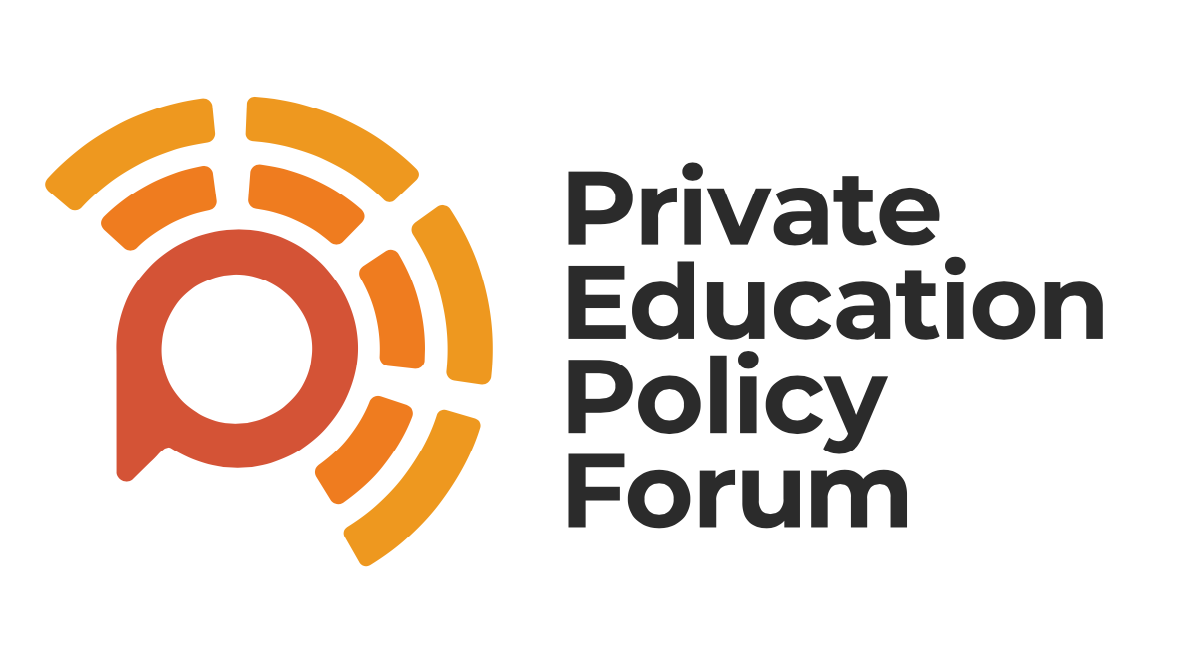On June 27th 2024 political blogger Paul Staines, also known as Guido Fawkes, published a blog with claims that are inaccurate. The original piece is here.
Corrections as below:
- The article implies that researcher Luke Sibieta at the IFS was somehow influenced by PEPF co-founder and UCL professor Francis Green to come to particular conclusions in Sibieta’s report on the possible effects of Labour’s VAT policy. The basis given was a) Sibieta once did a masters at the same university where Francis Green works b) that Luke Sibieta once spoke at an event for PEPF.
Francis Green doesn’t remember meeting Luke Sibieta at UCL or elsewhere (but even if they had, both being economists, this would not be especially suspicious). They have certainly never intentionally met and discussed the VAT policy.
Luke Sibieta and Francis Green coming to similar conclusions is the result of them both being university academics looking at available evidence, which indicates a smaller percentage of pupils than predicted by some opinions would leave the independent school sector. Tom Richmond, at thinktank EDSK, which originally predicted a larger exodus of pupils, has since noted that the IfS calculations are probably the most accurate currently available.
On the second point, Luke Sibieta was invited to a VAT policy debate run by PEPF after he had written the report Guido Fawkes mentions, in order to discuss it. It is unclear how PEPF inviting him to an event post-publication would have helped PEPF to influence his findings. In fact, Sibieta’s findings were put to the test by Tom Richmond, whose own report came to some different conclusions, and vice versa. You can watch the debate, chaired by PEPF co-founder Jess Staufenberg, here.
To the best of our knowledge no board members or volunteers at PEPF had been in touch with Luke Sibieta, or the IFS, prior to organising that debate. That debate also aired many concerns with the VAT policy, and especially urged Labour to be particularly careful with the question of children with special educational needs.
- The blog also says: “Privately-educated Green also happens to have advised Jeremy Corbyn when the VAT policy and others were first drafted in 2017.”
The implication here is that PEPF and professor Green were instigators of the VAT policy during Jeremy Corbyn’s tenure as Labour leader. The policy was long touted in Labour circles before PEPF was founded as an organisation in 2019, and was also rumoured to have been considered in Conservative political circles. PEPF has recently tweeted a correction to an otherwise accurate Sunday Times piece which exaggerated PEPF influence regarding this policy.
Guido Fawkes is correct that PEPF members including Francis Green and other members of the board have met with Labour. PEPF met several Labour spads, but not Jeremy Corbyn, at their invitation to discuss inequalities within the education sector.
At those meetings, PEPF also warned of potential problems and legal tangles of the VAT policy, and also explained other areas of policy reform, such as opening up considerably more free places in private schools in partnership with the local authority.
PEPF has also met or corresponded with Conservative Party and Liberal Democrat MPs, who expressed unease at the significant gap in resources between the UK’s schools for the country’s wealthiest and least wealthy children.
- “Seven years later the PEPF is drawing up plans with the Labour Party for the state to take over schools that are forced to shut due to the extra tax.”
PEPF has never advocated forced nationalisation of private schools in its advice to policymakers. Its first ‘reform options’ paper made clear the many drawbacks of such a position.
In that sense the thinktank was partly set up to lay out practical options for levelling the educational playing field other than the nationalisation advocated by campaign group Labour Against Private Schools (also known as Abolish Eton).
We are a research organisation interested in policy questions surrounding educational inequality, focused on fee-paying education. In future we intend to expand our research into tutoring, nurseries, and fee-paying higher and further education, dependent on grant funding.
Finally our ‘conversion routes’ report aims to find out the blocks and challenges for private schools that wish to join the state – not that would be “taken over” by it. The problem is actually about persuading the state that it should support independent schools that want to join, based on best evidence.
We are doing this research in response to the multiple independent schools that have contacted PEPF asking for help with the problem of converting.
Thanks for reading!
Private Education Policy Forum



